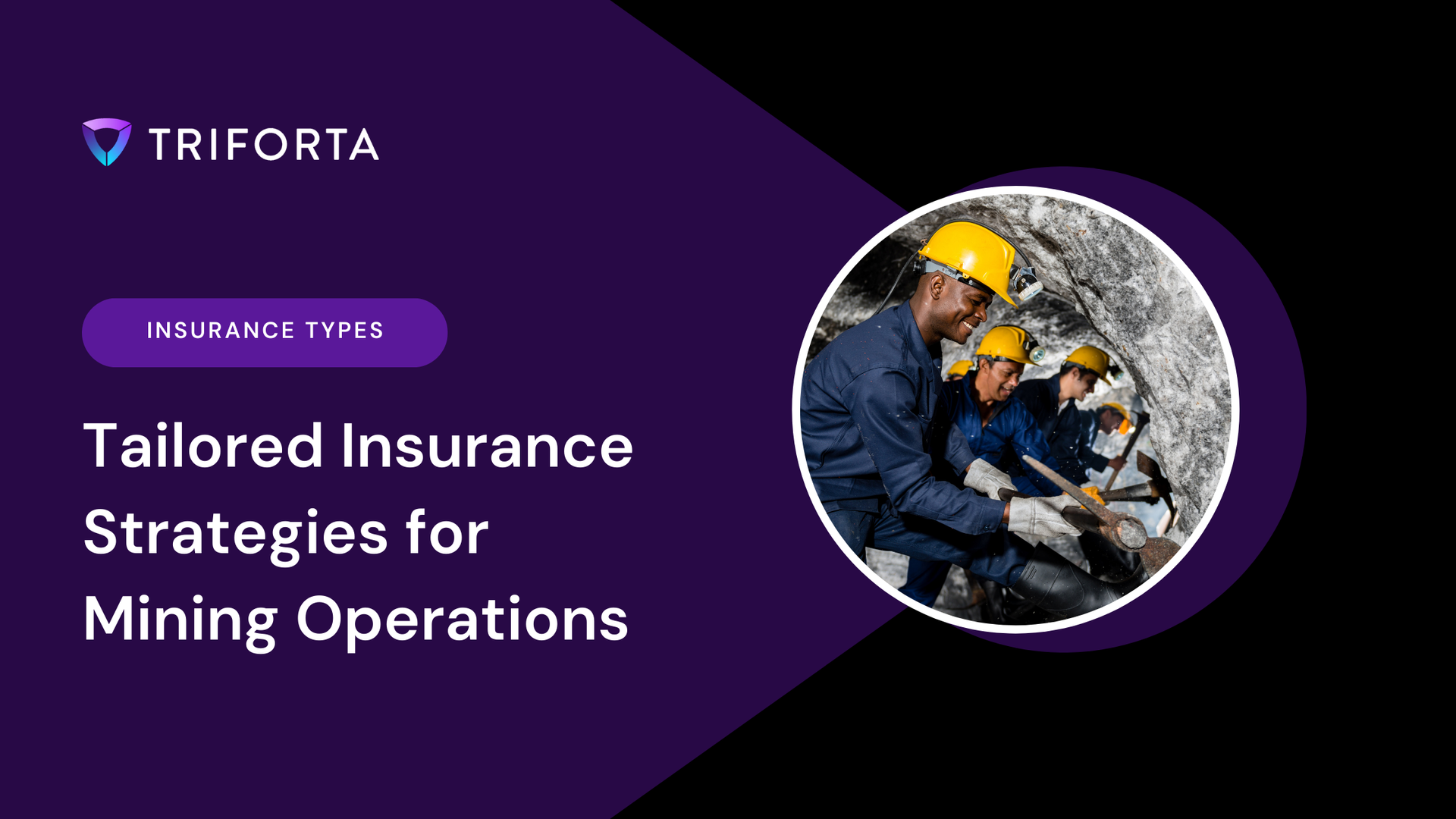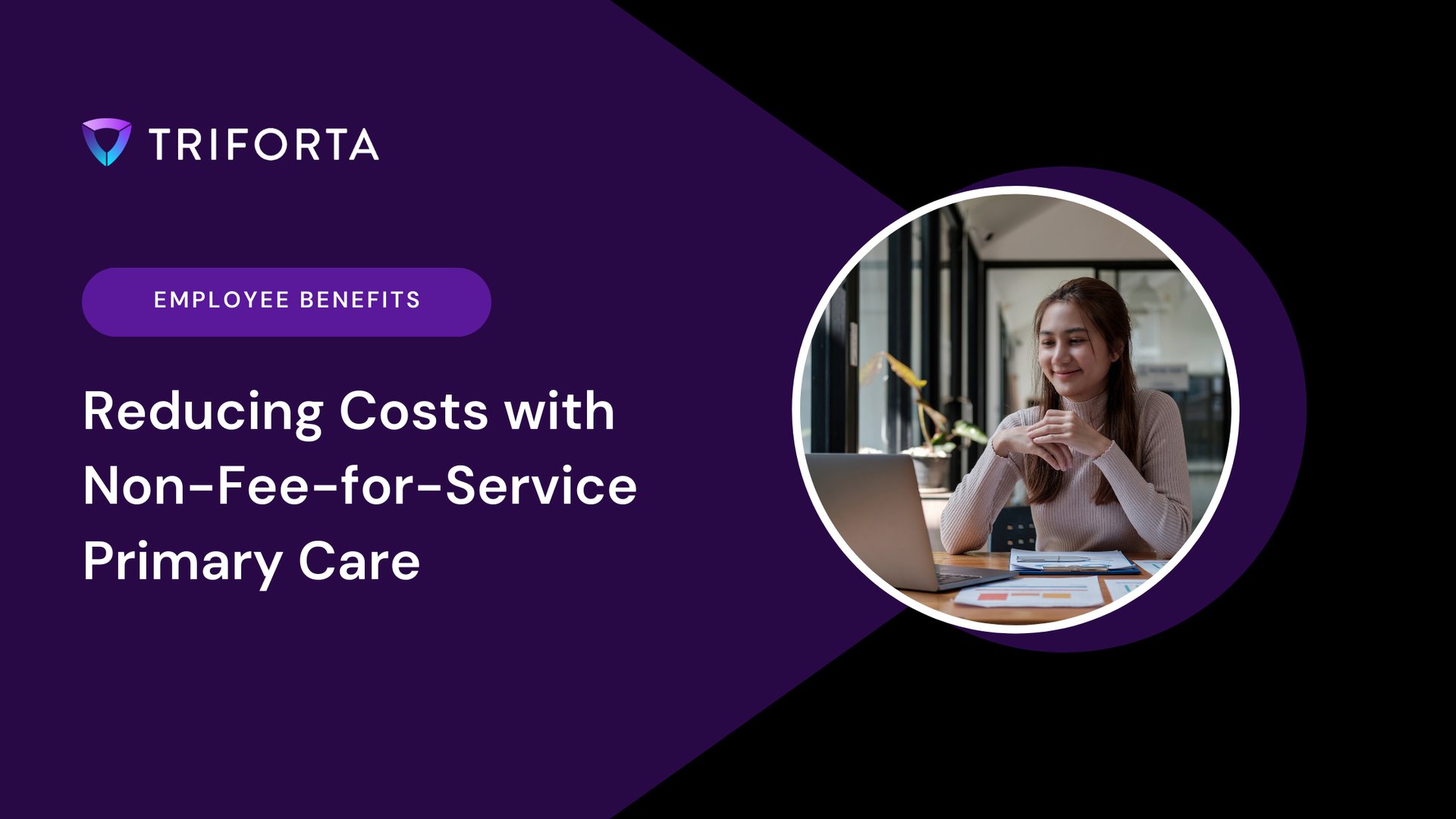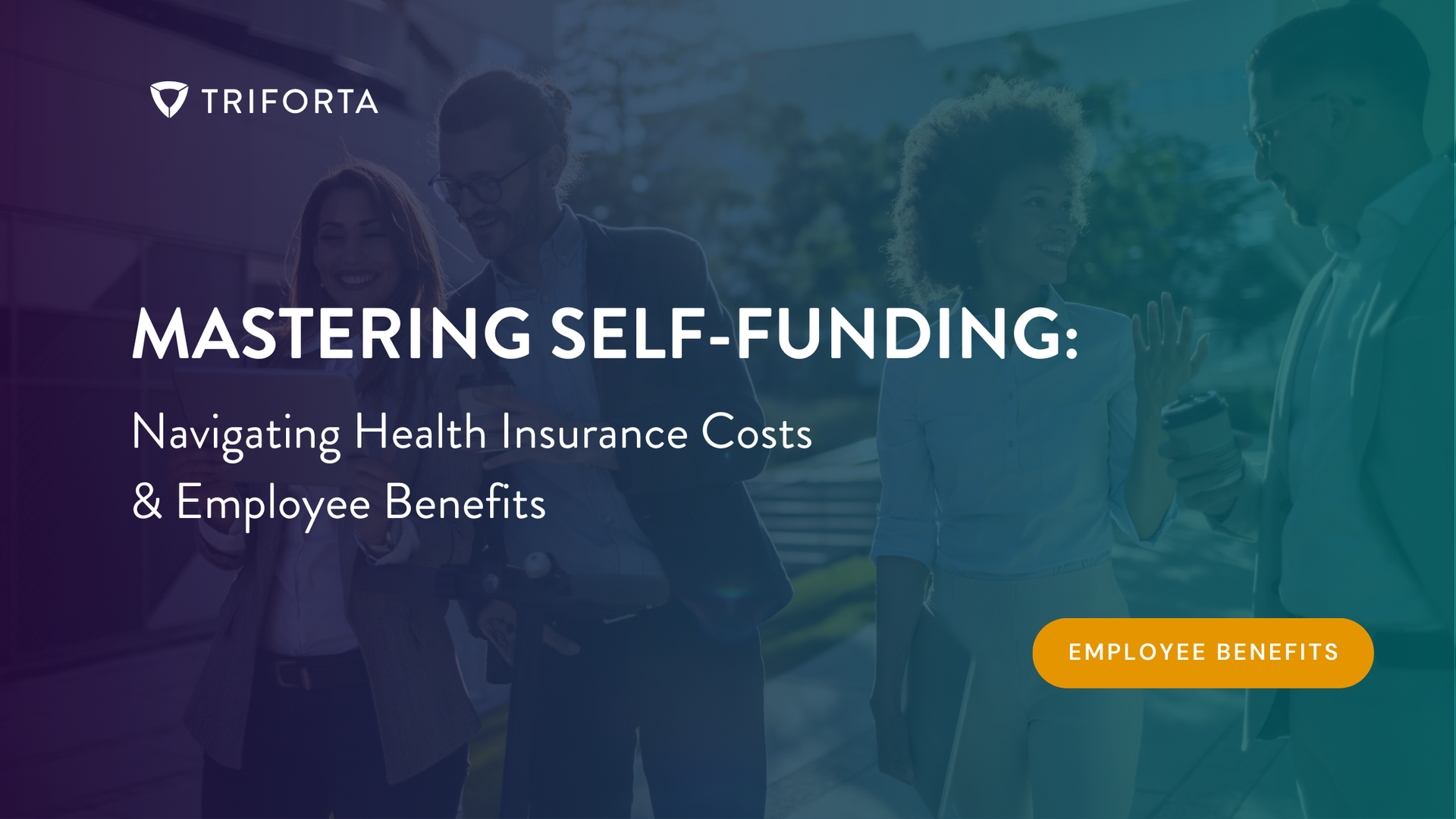Comprehensive Insurance for Mining Operations
Getting the right insurance for mining operations means partnering with an advisor who truly understands the unique challenges and risks you face every day. A generic policy simply won’t suffice. When unexpected issues arise, you need more than a standard, off-the-shelf solution. That’s why we focus on providing custom insurance options specifically designed for mining companies like yours. We understand every facet of this demanding industry and are committed to ensuring that you have precisely what you need to remain protected and operational, regardless of what comes your way.
Types of Insurance Coverage for Mining Operations
Mining is inherently risky, so having the right insurance coverage can protect companies from significant financial setbacks. Whether it’s property damage or liability claims, specialized insurance is vital for mining operations. Let’s explore the various types of coverage that can keep these businesses safeguarded.
General Liability Insurance
What is General Liability Insurance?
General liability insurance provides protection against third-party claims for bodily injury, property damage, and advertising-related issues. For a mining business, general liability coverage is indispensable. It addresses a range of scenarios where someone outside your organization might be harmed or incur damages linked to your operations.
If a visitor at your mine is injured on-site, general liability insurance covers their medical expenses and any legal fees if they decide to pursue a lawsuit. Without it, you could face substantial out-of-pocket costs. Ensuring that you have ample coverage is essential to protect your assets if a large claim arises.
Professional Liability Insurance
Also known as errors and omissions (E&O) insurance, professional liability coverage is essential for mining consultants, engineers, and geologists. It shields you against claims of negligence, mistakes, or oversights in the professional services you provide.
For example, if a mining company hires you to assess the feasibility of a new project and your analysis proves faulty—resulting in financial losses for the client—they might sue for damages. Professional liability insurance covers your legal defense costs, as well as any settlements or judgments.
Workers' Compensation Insurance
What is Workers Compensation Insurance?
Workers’ compensation insurance is designed to cover the medical expenses and lost wages of employees who suffer work-related injuries or illnesses. In the mining industry, where hazards such as cave-ins, equipment malfunctions, and explosions are present, many states require this coverage by law.
Without workers’ compensation, you could be responsible for your employees’ medical bills and wage replacements, which can quickly become substantial. Moreover, having this coverage can make your company more attractive to skilled workers in a competitive talent market, since it demonstrates a commitment to their well-being and financial security.
Equipment Breakdown Insurance
Mining operations rely on highly specialized and expensive machinery—drills, excavators, and conveyor systems are just a few examples. If a critical piece of equipment fails, it can halt production. Equipment breakdown insurance covers repair or replacement costs, enabling you to resume operations swiftly.
Some policies may even compensate for lost income and additional expenses incurred while repairs are underway. This is invaluable for smaller mining companies that cannot afford prolonged downtime.
Business Interruption Insurance
Business interruption insurance is crucial in the mining sector. If a fire or natural disaster forces you to suspend operations, this coverage helps replace lost income and manage ongoing expenses such as rent and payroll.
Without business interruption insurance, an unexpected shutdown could push your company into a severe financial predicament. This coverage is especially important for small to medium-sized mining operations that lack the cash reserves to weather prolonged downtime.
Unique Risks and Challenges in the Mining Industry
Mining companies face numerous difficulties when securing proper insurance due to the unique risks inherent in their operations. Environmental threats, operational hazards, market instability, and regulatory compliance are all factors that affect how insurers assess coverage.
Environmental Risks
Mining can significantly impact the environment, leading to issues like polluted air, contaminated water, and damaged habitats. Insurers carefully consider these environmental factors when evaluating your coverage needs.
For instance, if contaminated runoff from your mine enters a local river, you may be liable for hefty cleanup costs and potential lawsuits. While environmental liability insurance can help mitigate these expenses, obtaining it can be costly, and meeting pollution management requirements is stringent.
Operational Risks
The mining industry faces considerable operational hazards, including mine collapses, explosions, and equipment accidents that threaten worker safety and can result in property damage. These risks make securing cost-effective insurance coverage challenging.
Implementing robust safety protocols, thorough employee training, and specialized coverage plans can help manage these hazards. Workers’ compensation and other targeted policies ensure that when unforeseen incidents occur, you are financially prepared.
Market Fluctuations
Commodity prices often determine the profitability of mining operations, making the industry highly vulnerable to market volatility. High prices can lead to increased risk exposure, impacting your insurance costs, while low prices may cause insurers to become reluctant to offer coverage.
In such scenarios, specialized insurance like business interruption or political risk coverage can provide a financial safety net against unstable markets or geopolitical tensions. This approach helps maintain some level of financial stability despite external economic pressures.
Regulatory Compliance
The mining industry must adhere to numerous environmental, health and safety, and labor regulations. Noncompliance can result in hefty fines, legal challenges, and reputational damage.
Comprehensive compliance strategies and cooperative relationships with regulatory authorities are essential. Specialized insurances—such as pollution liability and even cyber liability—can offer additional layers of protection against potential legal issues and help maintain regulatory adherence.
Ensuring Business Continuity
Mines often operate in remote locations, where restoring normalcy after a crisis can be challenging. Comprehensive insurance can help cover expenses like temporary relocation, equipment rental, and other contingencies that support a faster return to full operations.
If a landslide damages your mine and forces a temporary closure, business interruption insurance helps offset lost revenue and ongoing expenses. For smaller mining enterprises lacking substantial financial reserves, this coverage is critical for riding out prolonged downtimes.
Compliance with Regulations
The mining sector is subject to strict environmental, safety, and financial regulations. Meeting these standards requires careful planning and often certain insurance coverages to remain compliant and maintain operating licenses.
In many jurisdictions, mining companies must carry specific forms of liability insurance and secure bonds for reclamation and cleanup efforts. Falling short of these obligations can lead to penalties or license revocations. Partnering with an insurer experienced in mining ensures that you meet all regulatory requirements without costly surprises.
Factors Affecting Insurance Premiums for Mining Operations
Insurance premiums for mining companies vary widely, influenced by a range of factors. These include the type of mining conducted, the geology and location of the site, the company’s safety record, and its claims history. Understanding these elements can help mining firms manage their insurance costs more effectively.
Type of Mining Operation
The method and mineral extracted have a direct impact on insurance premiums. Underground mines generally pose higher risks than surface mines, due to greater hazards like cave-ins or explosions. Operations extracting high-value minerals may also face elevated premiums due to theft or sabotage risks, whereas those producing common minerals might benefit from lower rates.
Location and Geology
The site’s geology and geographic setting influence risk assessments. Mines situated in areas prone to earthquakes, floods, or wildfires may face higher premiums. Likewise, operations in regions with political instability may require specialized coverage, such as political risk insurance, to safeguard against government interference or conflicts.
Safety Record
A company’s safety track record is a key factor insurers consider. Operations with a history of accidents, injuries, or regulatory violations may be charged more due to perceived higher risks. Conversely, firms with robust safety measures and compliance histories may secure more favorable premiums.
Investing in safety training, modern protective equipment, and proactive risk management strategies helps mining companies improve their insurability and potentially reduce costs.
Claims History
A mining company’s claims history also affects insurance premiums. Frequent or severe claims suggest higher future losses, resulting in elevated rates. On the other hand, operations with fewer and less severe claims might earn more competitive pricing.
Partnering with insurers to develop sound risk management practices and incident response plans is crucial. Adjusting deductibles or self-insured retentions might also help lower claim frequency and severity, ultimately improving premium outcomes.
Working with Insurance Providers Specializing in Mining
Choosing an insurance provider experienced in the mining sector can make a significant difference. Mining’s complexity and risk profile demand specialized coverage and risk management solutions. By partnering with professionals who understand these nuances, you gain customized strategies that reflect your unique operational landscape.
Experience in the Mining Industry
Insurers specializing in mining thoroughly comprehend the industry’s challenges, from intricate machinery and technologies to complex regulatory landscapes. Their familiarity ensures that they can offer tailored coverage options and risk management advice suited to your specific needs.
Customized Coverage Plans
Because mining operations vary widely in size, scope, and complexity, there is no one-size-fits-all policy. Specialized insurers collaborate closely with mining companies, crafting policies that integrate property, casualty, workers’ compensation, environmental liability, and business interruption coverage, all aligned with your distinct risks.
Risk Assessment and Management
Specialized insurers provide invaluable risk assessment and management services. They may conduct on-site evaluations, safety inspections, and in-depth analyses to identify vulnerabilities and recommend preventive measures.
Training sessions, educational initiatives, and comprehensive emergency response protocols help employees adopt safer work practices. By working hand in hand with insurers, mining companies can reduce incidents and claim frequency.
Claims Handling Expertise
When claims occur, mining companies rely on insurers who can act swiftly and effectively. Providers with mining experience are adept at handling complex claims, coordinating with specialized contractors and suppliers, and executing rapid response measures to minimize downtime.
This prompt and efficient claims handling not only protects your financial health but also ensures that operations resume as soon as possible, maintaining productivity and stability.
Key Takeaway:
Mining companies face various risks, from property damage and environmental liabilities to worker injuries and unpredictable downtime. Having the right insurance—general liability, professional liability, workers’ compensation, equipment breakdown, and business interruption—is essential. By securing comprehensive coverage, you safeguard your operation against unpredictable setbacks and better ensure long-term success.
FAQs in Relation to Insurance for Mining Operations
What is mining insurance?
Mining insurance provides specialized coverage addressing the unique risks of the mining industry, including equipment breakdowns, environmental damage, and more.
Is mine subsidence insurance worth it?
If your property is located on or near former or active mine sites, mine subsidence insurance can protect against costly structural damage.
What states require mine subsidence insurance?
States like Pennsylvania, Illinois, West Virginia, and Kentucky commonly mandate mine subsidence coverage due to extensive underground mining.
What kind of insurance do coal miners have?
Coal miners typically need workers’ compensation insurance for injuries, along with general liability and pollution liability coverage to address operational risks.
Conclusion
Insurance for mining operations is not just another line item on the balance sheet—it’s an investment in your company’s resilience and future. The right coverage can mean the difference between swiftly recovering from a setback or facing long-term financial hardship. Beyond safeguarding your bottom line, comprehensive and well-structured insurance provides peace of mind, knowing you’re prepared for whatever challenges arise in this demanding industry.
Take the time now to assess your insurance needs. Partner with professionals who understand the mining sector’s complexities and can craft a policy suited to your unique risks. By doing so, you can focus on what you do best—running a successful mining operation—while knowing you’re well-prepared for any obstacles that come your way.
Ready to safeguard your mining venture?
Contact Triforta today for customized coverage solutions.
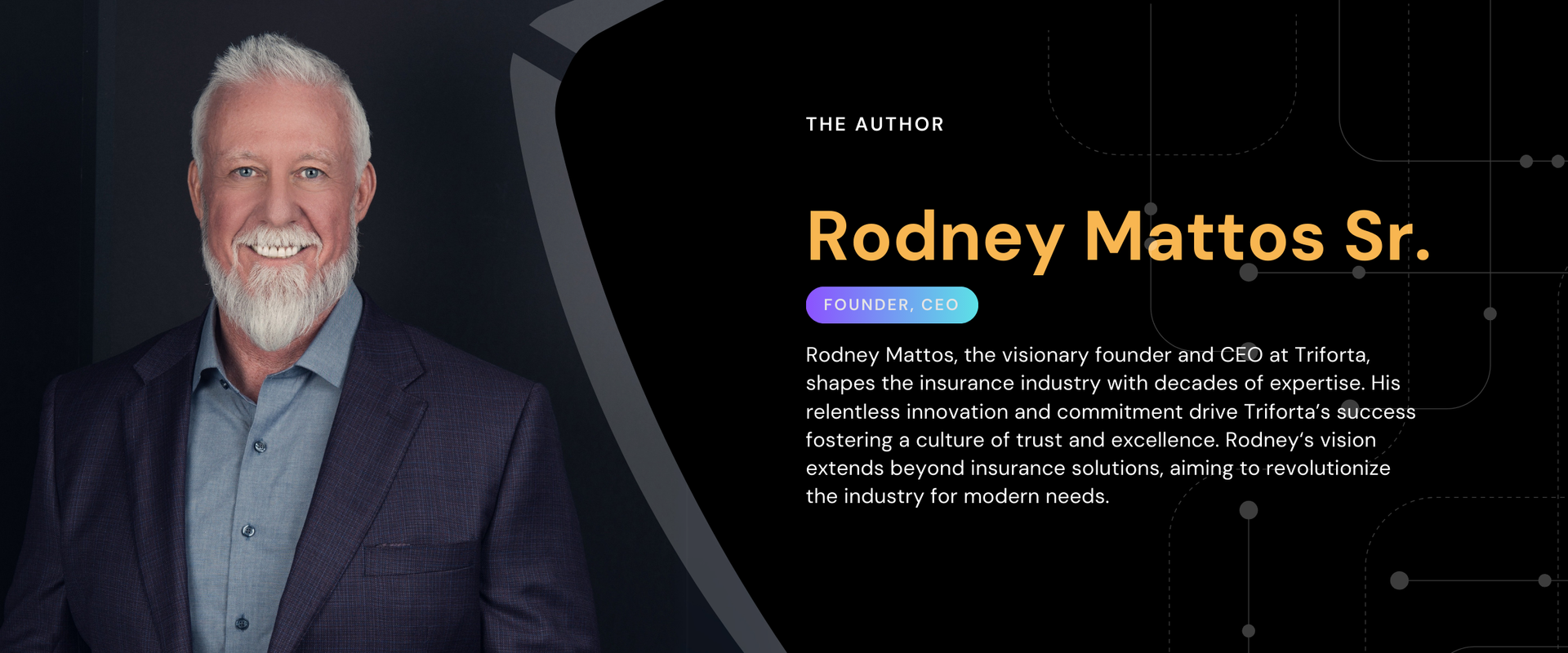
CAPABILITIES
"TRIFORTA" is a registered trademark employed by the TRIFORTA Partners group of companies. All insurance offers, requests, and guidance provided through this website are delivered by licensed affiliated insurance producers of TRIFORTA, namely Elite Consulting and Insurance Services and Rodney Mattos. No offers, requests, or guidance are extended through this website in any state where one of the aforementioned TRIFORTA licensees lacks the required license. For a comprehensive list of all relevant license numbers in each state, please refer to our License Page.
New Paragraph


